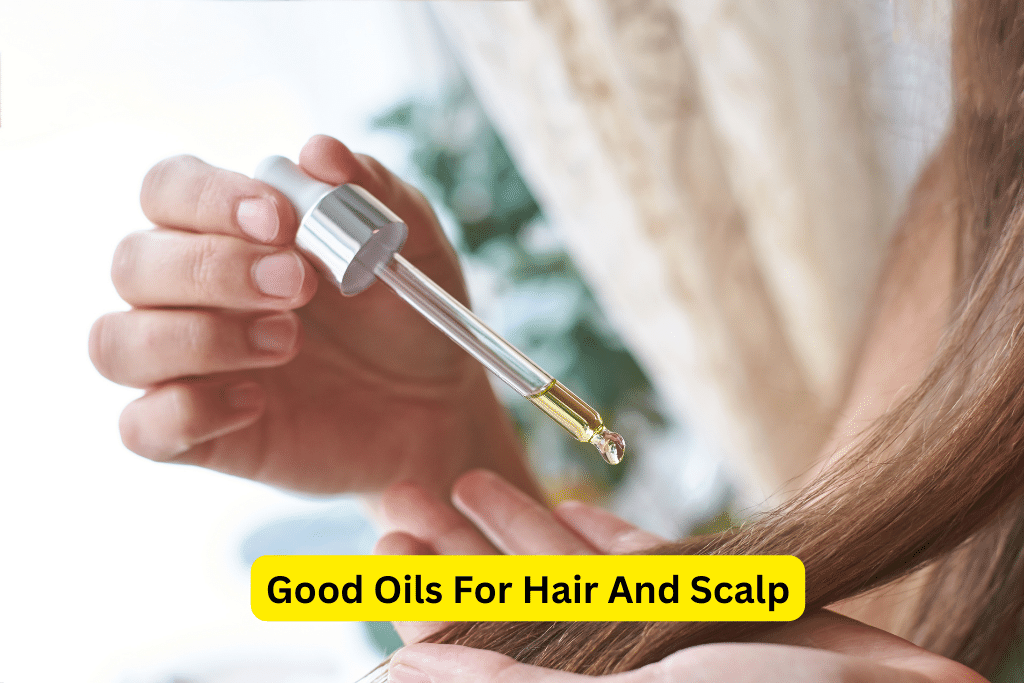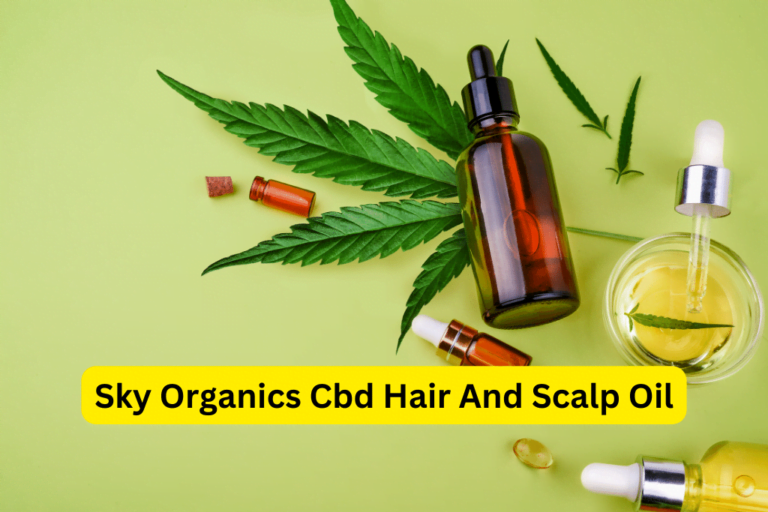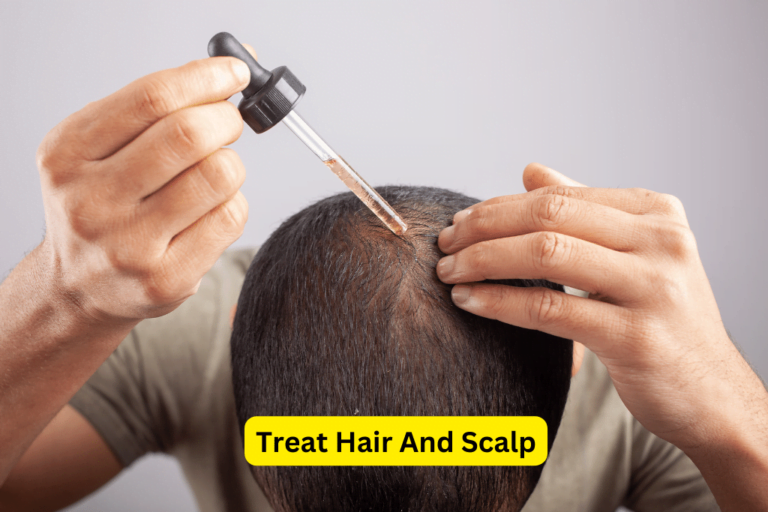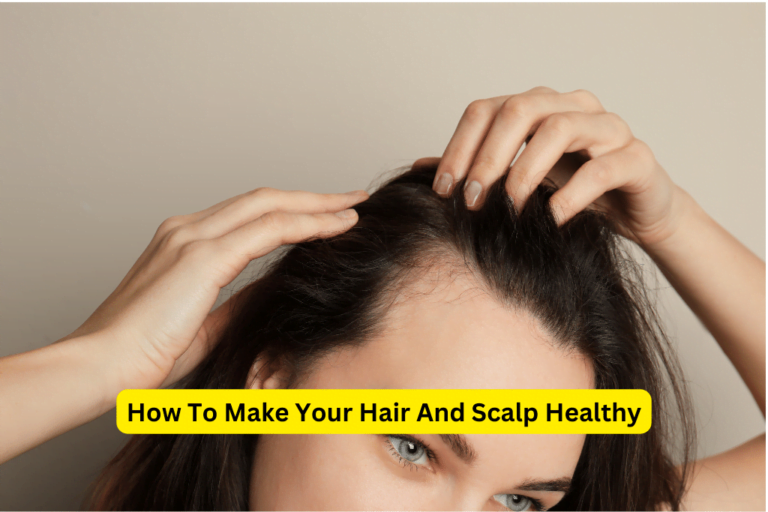Discover the Best Oils for Healthy Hair and Scalp
Good Oils For Hair And Scalp
Using oils for hair and scalp is an important aspect of maintaining healthy and beautiful hair. Oils offer numerous benefits such as moisturizing, strengthening, and promoting hair growth. Additionally, they can help soothe a dry or itchy scalp and balance its natural oils. Understanding the different types of hair and scalp is essential in choosing the right oil for your specific needs.
Understanding Different Hair and Scalp Types
Different Hair Types
There are various hair types, including straight, wavy, curly, and coily. Straight hair tends to be oily, while curly and coily hair tend to be drier due to the natural oils having a harder time reaching the ends. Wavy hair falls somewhere in between. It’s important to consider your hair type when choosing the right oil.
Different Scalp Types
Scalp types can vary from normal to dry or oily. A normal scalp produces the right amount of oil, while a dry scalp lacks moisture and can lead to itchiness. An oily scalp, on the other hand, produces excess oil that can make the hair appear greasy. Identifying your scalp type is crucial when selecting the appropriate oil.
Choosing the Right Oil for Your Hair and Scalp
Guide to Determining Your Hair Type
It’s essential to know your hair type in order to choose the right oil. Straight hair can benefit from lighter oils such as Jojoba or Coconut oil, while coily hair may benefit from heavier oils such as Castor or Argan oil. Wavy hair may find a balance with a variety of oils.
Guide to Determining Your Scalp Type
To identify your scalp type, observe how it behaves after a day or two without washing. If your scalp feels tight and dry, you likely have a dry scalp. If your scalp feels greasy and looks shiny, it is probably oily. If your scalp is well-balanced and not overly oily or dry, you have a normal scalp. Consider this when selecting an oil.
Matching Specific Oils to Different Hair and Scalp Types
Based on your hair and scalp type, certain oils will work better for you. Coconut oil is excellent for all hair types and helps to nourish the scalp. Argan oil is beneficial for dry and damaged hair as it provides intense hydration. Jojoba oil closely resembles the natural oils produced by the scalp, making it suitable for all hair and scalp types. Castor oil promotes hair growth and is ideal for dry scalp. Olive oil helps moisturize and protects the hair and scalp.
Top Oils for Hair and Scalp Health
Coconut Oil
- Benefits for hair: Coconut oil deeply conditions, adds shine, and reduces protein loss.
- Benefits for scalp: It hydrates the scalp, soothes irritation, and helps combat dandruff.
- How to use coconut oil: Massage warm coconut oil onto the scalp and throughout the hair, leaving it for at least 30 minutes before rinsing.
Argan Oil
- Benefits for hair: Argan oil repairs damaged hair, adds luster, and tames frizz.
- Benefits for scalp: It moisturizes and soothes a dry scalp and reduces scalp inflammation.
- How to use argan oil: Apply a small amount to damp hair, focusing on the ends. Avoid applying it to the scalp if it tends to be oily.
Jojoba Oil
- Benefits for hair: Jojoba oil strengthens hair, prevents breakage, and adds shine.
- Benefits for scalp: It balances oil production, soothes dryness, and helps with dandruff.
- How to use jojoba oil: Massage a few drops of jojoba oil onto the scalp and hair, leaving it overnight or for a few hours before rinsing.
Castor Oil
- Benefits for hair: Castor oil stimulates hair growth, conditions the hair, and adds thickness.
- Benefits for scalp: It moisturizes a dry scalp, reduces inflammation, and prevents flakes.
- How to use castor oil: Warm the oil and apply it to the scalp, massaging gently. Leave it on for a few hours or overnight before shampooing.
Olive Oil
- Benefits for hair: Olive oil softens hair, adds moisture, and reduces frizz.
- Benefits for scalp: It nourishes the scalp, relieves itchiness, and prevents flakiness.
- How to use olive oil: Warm olive oil and apply it to the hair from root to tip. Cover with a shower cap and leave it for at least 30 minutes before washing.
Additional Tips for Using Oils for Hair and Scalp Health
How Often to Use Oils
The frequency of oil use depends on your hair and scalp needs. Applying oil once or twice a week is a good starting point, but you can adjust it based on how your hair and scalp respond. Experiment to find the right balance for you.
How to Apply Oils Properly
When applying oil, focus on the mid-lengths to ends of the hair, where it tends to be drier. For the scalp, massage the oil gently using circular motions to stimulate blood flow. Use just enough oil to coat the hair and scalp without making them greasy.
Precautions and Potential Risks
While oils can be beneficial, it’s important to patch test before using them to ensure that you don’t have any allergic reactions. Additionally, some oils may weigh down certain hair types, so it’s important to find the best match for your individual hair and scalp needs.
Conclusion
Recap of the Benefits of Using Oils for Hair and Scalp
Using oils for hair and scalp provides numerous benefits, including moisturizing, strengthening, and promoting healthy hair growth. Oils also help in maintaining a well-balanced scalp and reducing dryness, itching, and dandruff.
Encouragement to Try Incorporating Oils into Your Hair Care Routine
If you haven’t already, try incorporating oils into your hair care routine to experience the benefits firsthand. Experiment with different oils and find the perfect match for your hair and scalp type. Your hair will thank you for the extra nourishment and care.
"Have You Seen Mike Walden's new holistic acne System yet? It's called "Acne No More" I've read the whole thing (all 223 pages) and there's some great information in there about how to naturally and permanently eliminate your acne without drugs, creams or any kind of gimmicks. I highly recommend it - it's very honest and straightforward without all the hype and b.s. you see all over the net these days. Here's the website where you can get more information:
Click Here -->AcneNoMore









